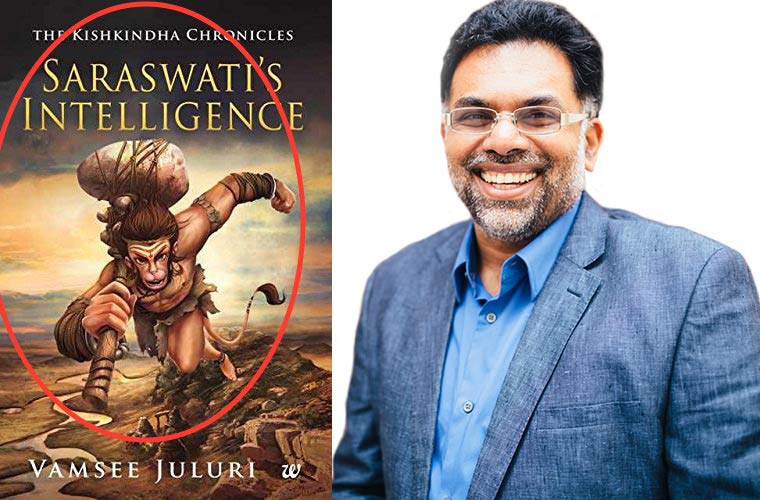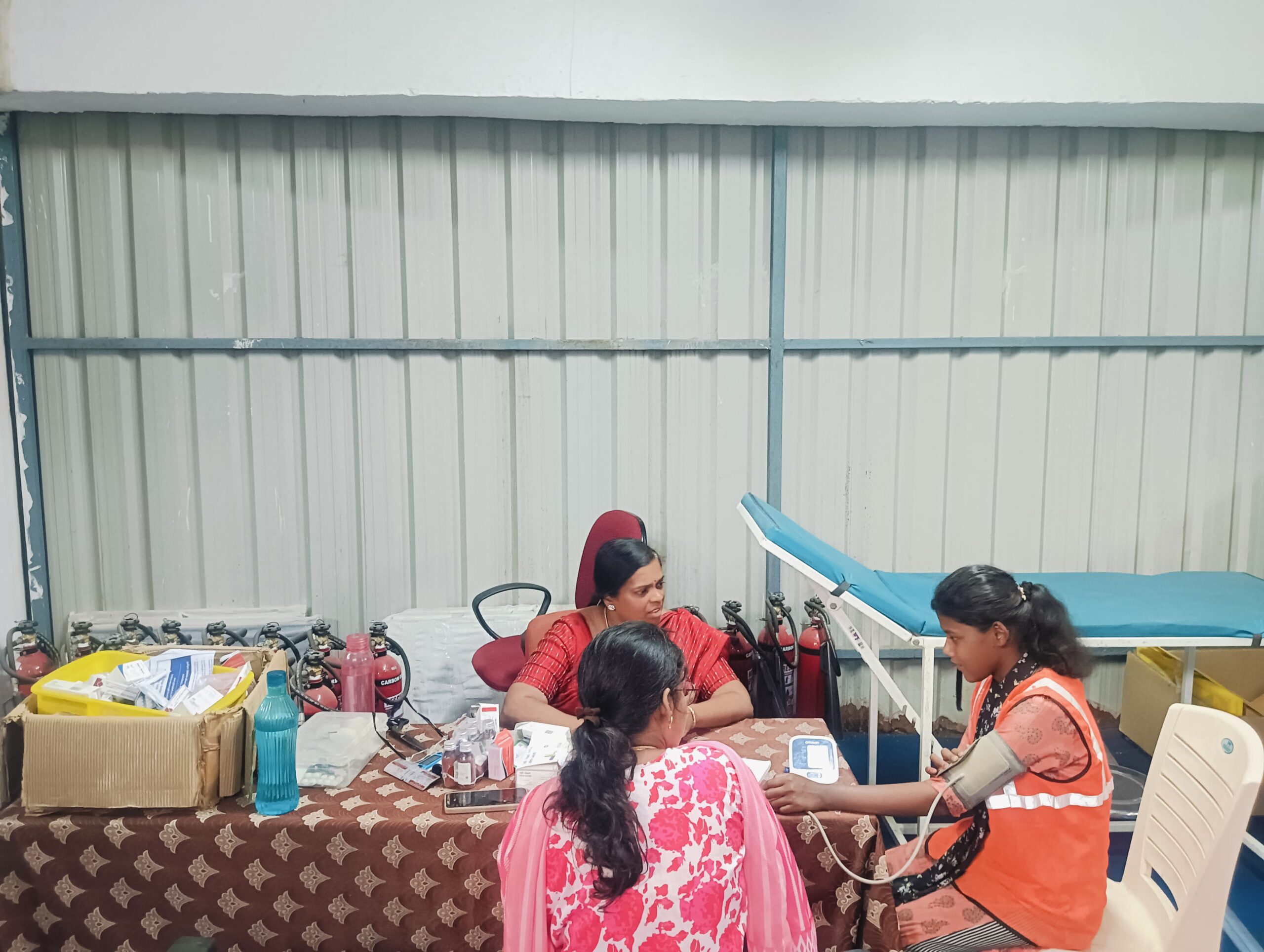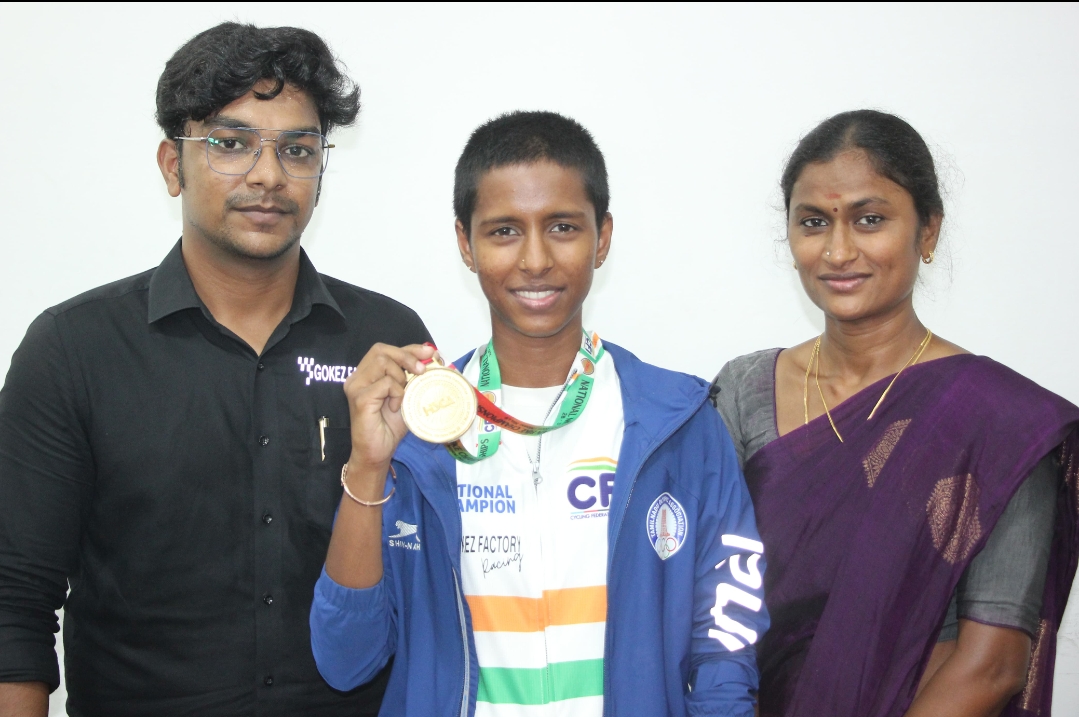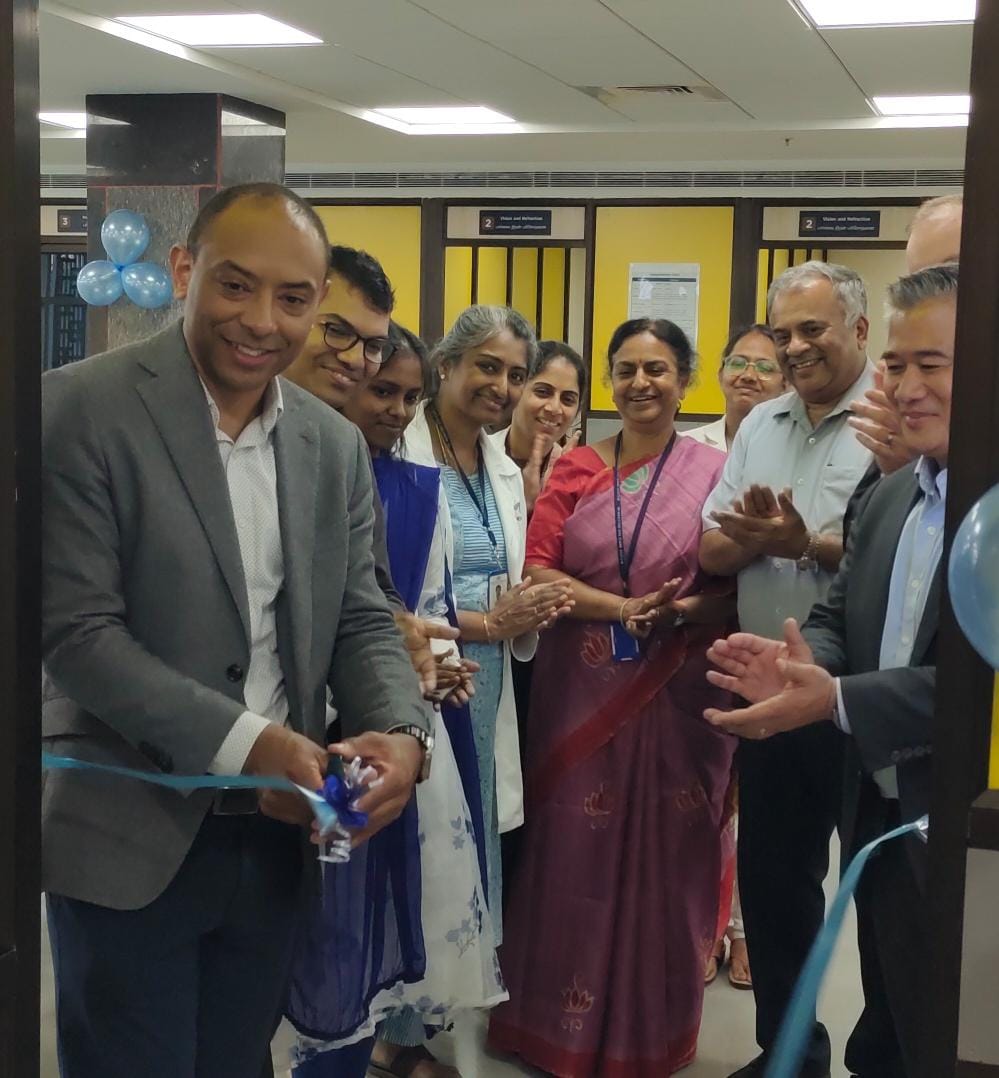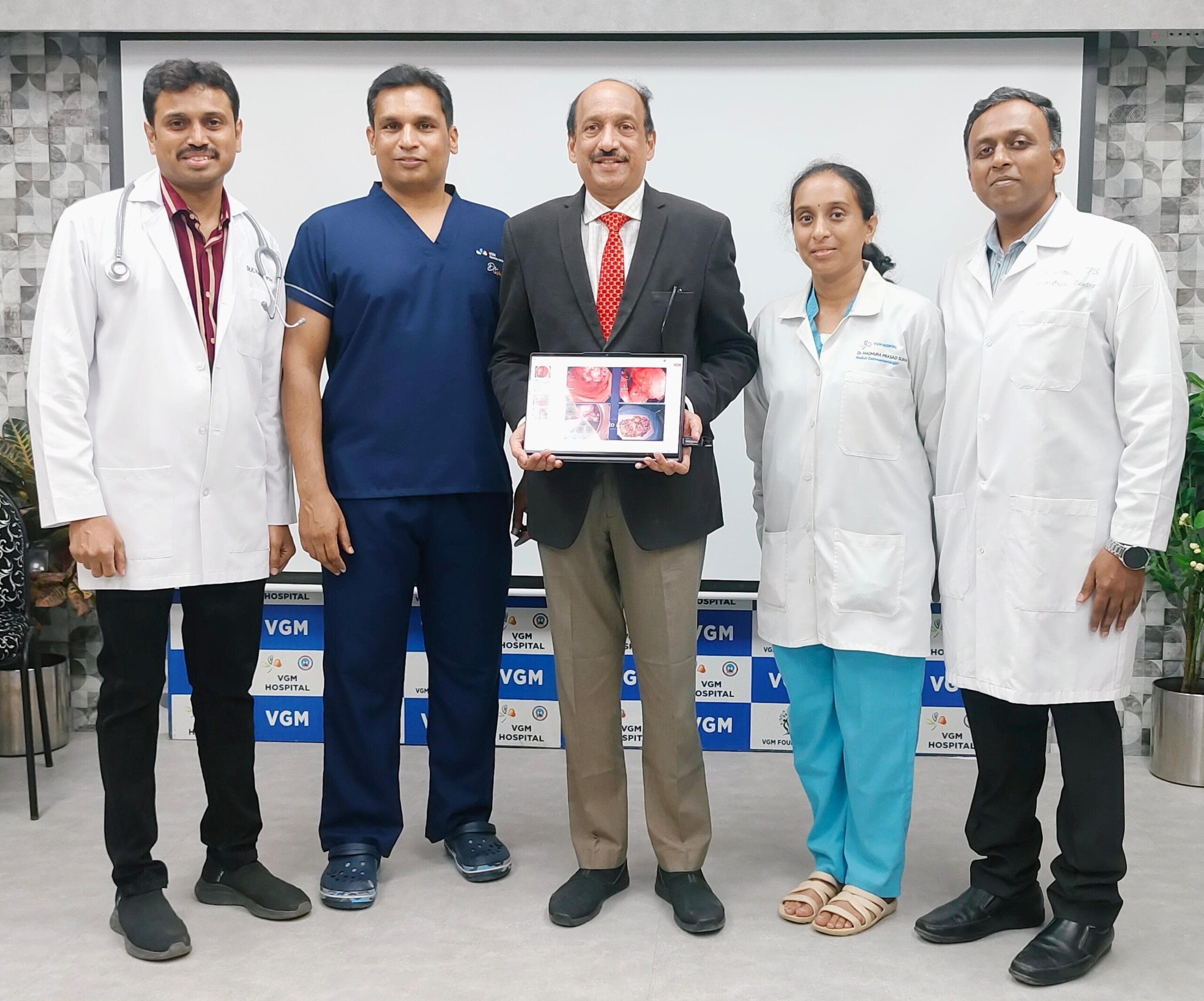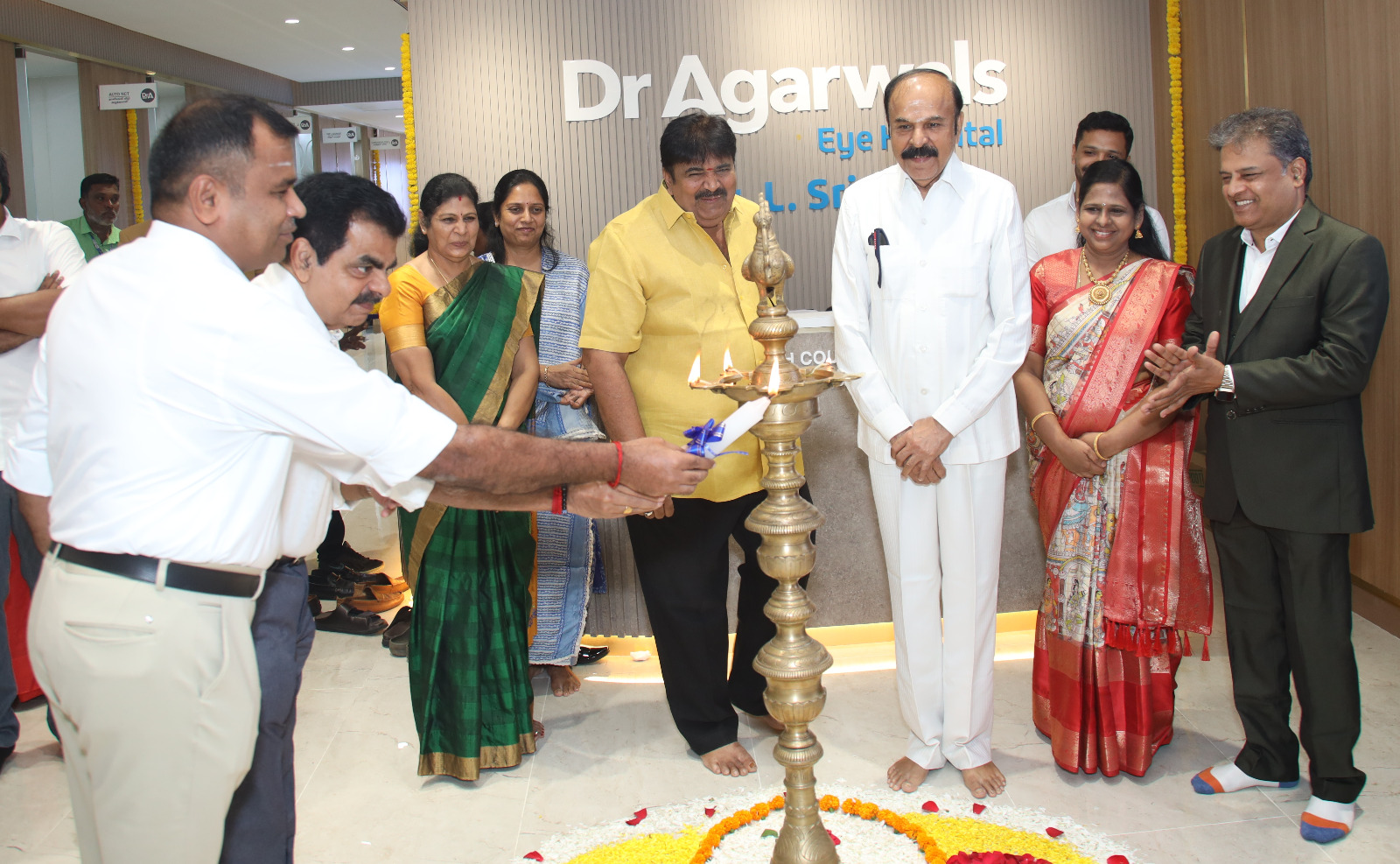Trending Now
- Alliance talks between AIADMK and BJP are ongoing. An announcement will be made at the right time – Union Home Minister Amit Shah.
- Vijay spoke about TVK vs. AIADMK only to motivate party workers – AIADMK General Secretary Edappadi K. Palaniswami.
- South Indian audiences are not interested in Hindi films, which is why they don’t succeed – Salman Khan.
- KL Rahul joins Delhi Capitals; the team will face Hyderabad tomorrow.
Coimbatore
Encounters with Indian civilisation helped world order, says writer
![]() February 25, 2017
February 25, 2017
Starting as a small store in 2000 at a time when others thought that hairdressing would not thrive in South India, Naturals took a big leap of faith. Sixteen years later, it has become one of the leading brands in the country with close to 570 salons. Its CEO and Co-founder C.K. Kumaravel talks to Covai Post about the journey.
Born and brought up in Hyderabad and currently living in San Francisco Bay Area, he talks about his book and thoughts in an interview with Covaipost over the phone.
You are an academic and an author. Tell us how you tread the two worlds effortlessly?
A I have attempted both fiction and nonfiction. Over the years I have learnt to switch gears between my academic responsibilities and my passion for writing. `Becoming a Global Audience: Longing and Belonging in Indian Music Television’ is a study of the reception of Channel V and MTV in India in the early years of liberalisation. It is my nonfiction. My first novel was `The Mythologist’, set in the world of mythological film studios of Madras in the 1970s, dealing about film stars in politics and the Indian Diaspora in America.
`Bollywood Nation: India through its Cinema’ is a nonfiction dealing with the issue of how popular Indian movies have reflected the post-independence social and political ethos and ideals. The new India and it aspirations are analysed.
`Rearming Hinduism, my fourth book, primarily deals with Hindu phobia and the return of Indian intelligence. It is a critique of how history is taught today and a wider call for civilisational discovery among Indians.
`Saraswati’s Intelligence’ that has come out recently is the first part of fictional trilogy called `The Kishkindha Chronicles’, about Hanuman and prehistoric Indian civilisation.
What is your next planned work?
Writing the rest of the Kishkindha Chronicles series and I have also embarked on writing nonfiction where I deal with misrepresentation of India in Western media.
Your reason for writing and your readership?
I view writing as an experiential medium rather than a merely functional one. I view my readership as an intelligent and diverse one, which includes people from inside and outside academia. I learn much from readers and independent scholars, especially on civilisational history and thought.
I have always aimed to give a voice and form to yearnings which are stirring among many people in the world today, whether about nature and our obligation to animals and non-human lives or about India’s future.
“Rearming Hinduism” did well for itself. Tell us more about your interpretation of Hinduism and its relevance?
Hinduism and Indian spiritual and cultural thought more broadly have played a more influential role in the making of the modern world than most scholars have ever admitted, till now.
In academia, for a long time, Europe alone was credited with inventing the modern world. But now scholars are increasingly arguing that the rise of Europe was actually secondary to the Islamic civilisation which invented science, astronomy, maths, zoology etc. However, a more accurate understanding of world history especially the last 1,000 years will show how much today’s world actually is a result of the encounter of Europe and Islamic empires with Indian civilisation. As far as the relevance of Hinduism for now and the future, I think it is essential to know its thinking and civilisational genius accurately.
Our modern school curriculum unfortunately has left us largely unaware of how much knowledge exists in our texts and practices. If we understand the idea of karma for example, we will very simply stop destroying the planet with our consumer lifestyles.
Tell us about your Coimbatore connection?
I have a strong Coimbatore connection that some readers may appreciate. My father’s elder brother Dr. J. Appa Rao lived and practised in Coimbatore and another brother Dr. G.N. Rao worked as a scientist in the hill station of Cinchona. I have fond childhood memories of both places.





